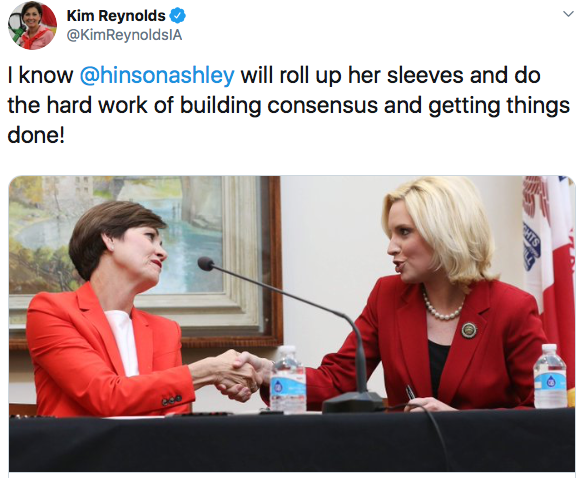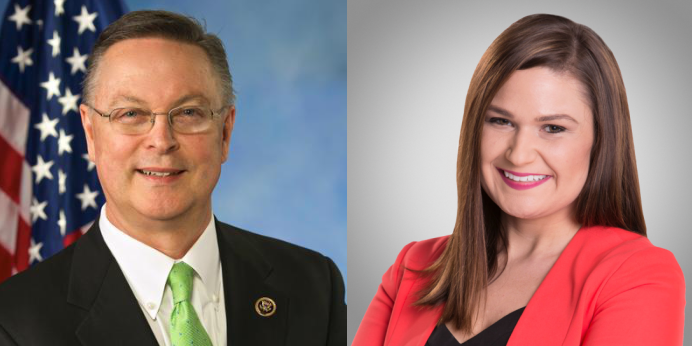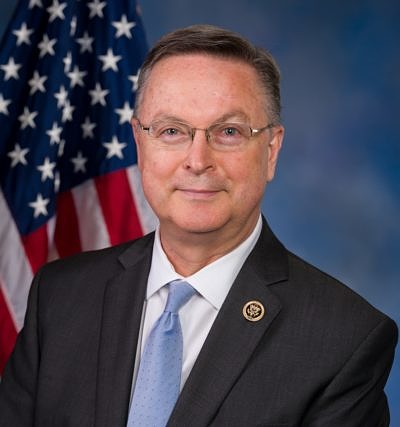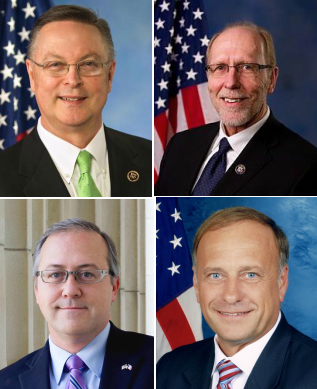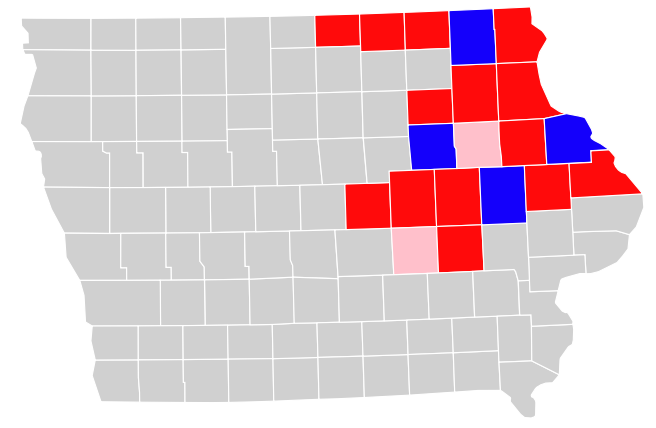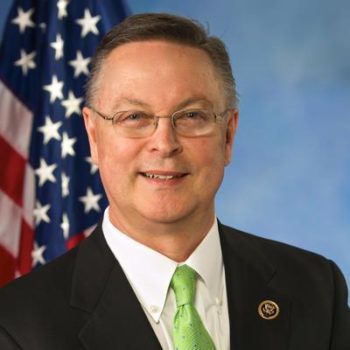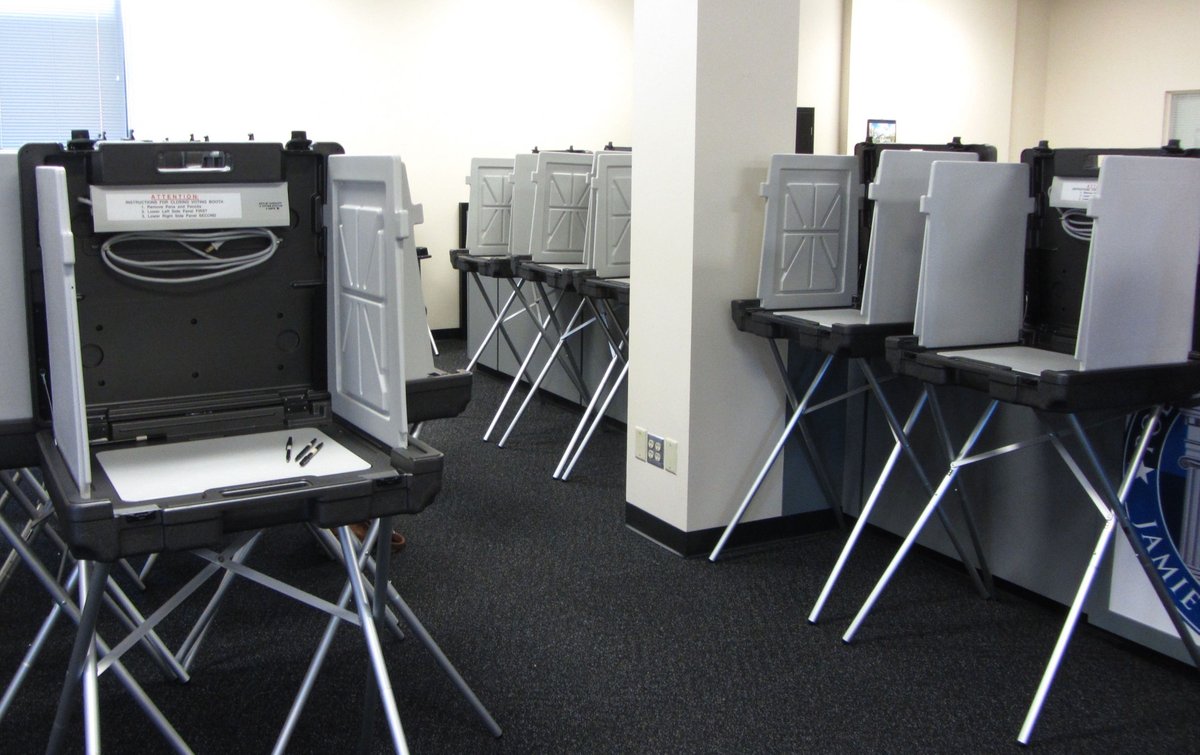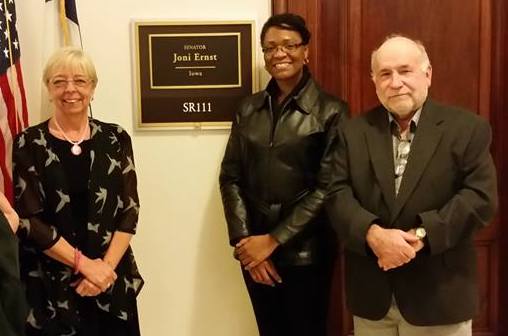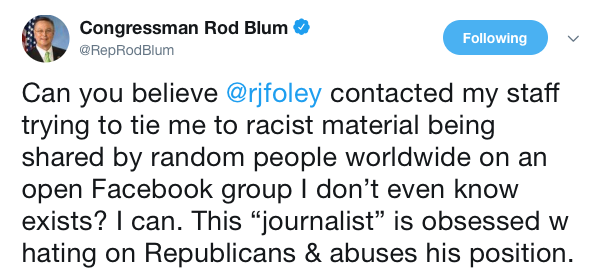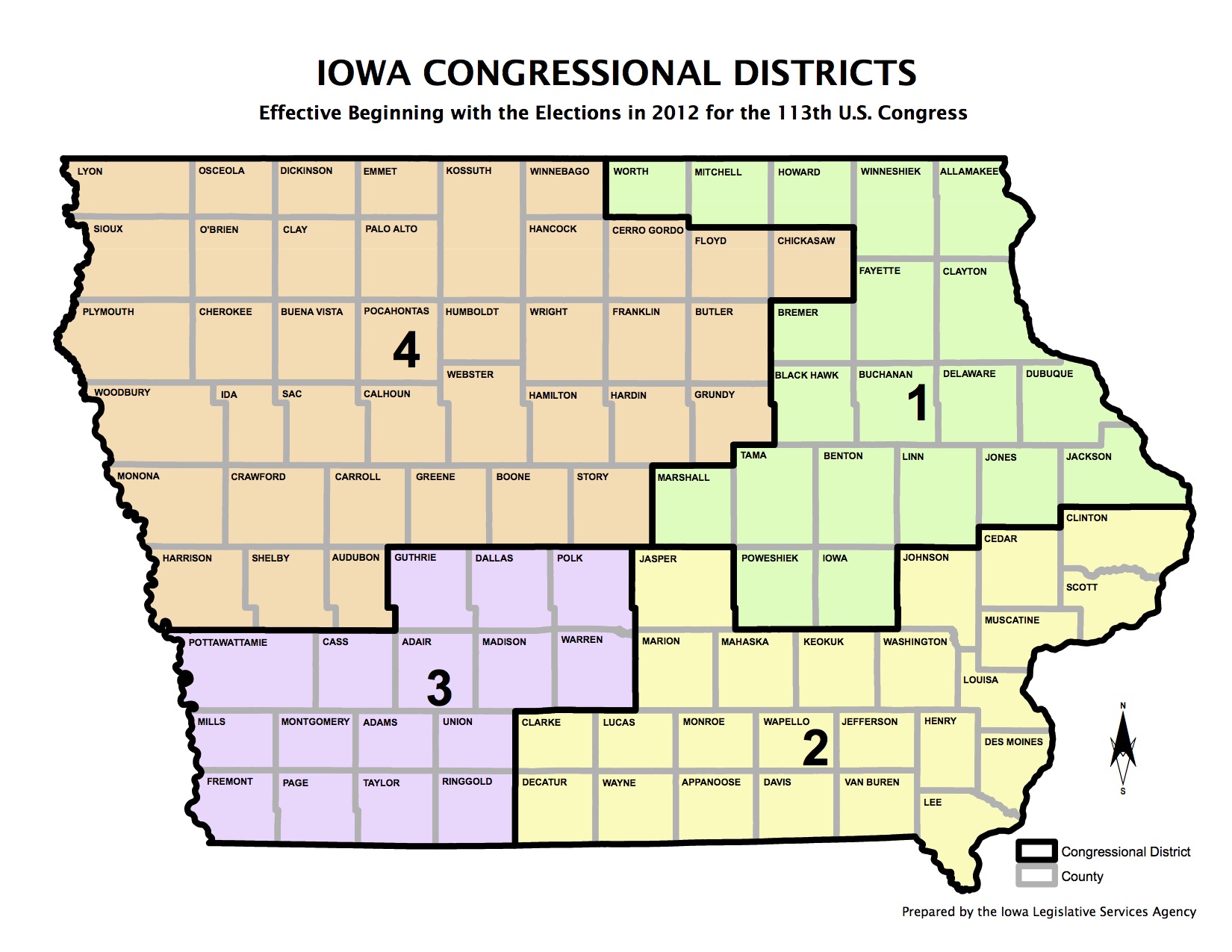Democratic State Senator Liz Mathis told Iowa news outlets on June 14 that she is “seriously considering” running for Congress next year and will announce her plans in late July.
Mathis won her first race in a 2011 special election for Iowa Senate district 34, covering much of the Cedar Rapids suburbs. She has since been re-elected three times. Republicans did not invest in Senate district 34 in 2012, made an unsuccessful play there in 2016, and opted not to field a candidate against Mathis in 2020.
My Democratic contacts in Linn County expect Mathis to run in the first Congressional district. I am inclined to agree. If she weren’t leaning toward running, she would probably not disclose her plans until after Iowa adopts new maps, which is unlikely to happen before September.
Mathis retired last month from Four Oaks, which provides services to children in the Cedar Rapids area. So she could devote full-time efforts to a Congressional campaign whenever the state legislature is not in session. Since her Iowa Senate term runs through 2024, she doesn’t need to give up her current office to compete for IA-01.
My Republican contacts expect U.S. Representative Ashley Hinson to run for U.S. Senate if Chuck Grassley retires. For the purposes of this post, I’m assuming Grassley will seek an eighth term, and Hinson will seek re-election in IA-01.
Continue Reading...



